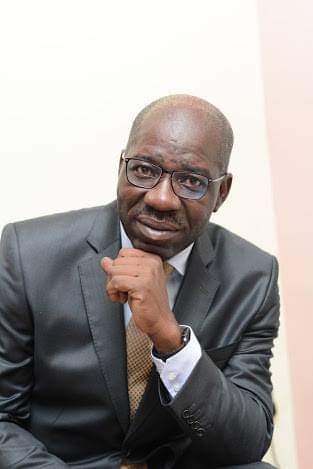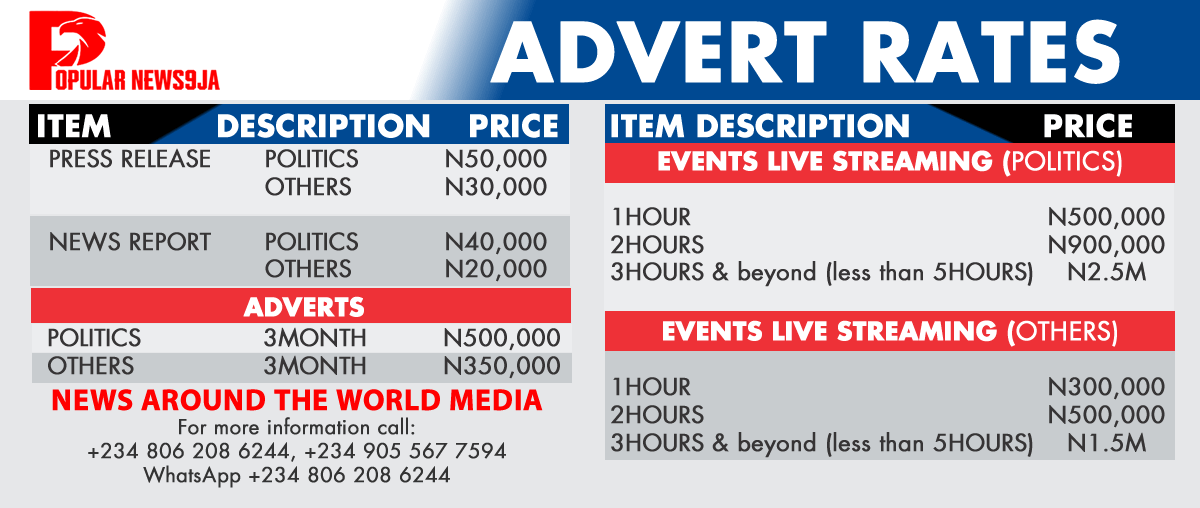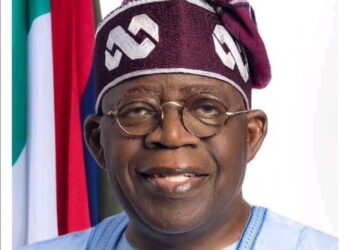Leaders, whether elected or appointed, are generally expected to possess a sense of decorum and self-restraint especially in speech. When they speak, it ought to be measured, factual and in full consideration of all possible consequences.
Governor Godwin Obaseki of Edo State displayed none of these, regrettably, when he asserted, without corroboration, that the Central Bank of Nigeria (CBN), at the instruction of President Muhammadu Buhari, embarked on a money printing spree, up to the tune of 60 billion naira for Governors to share as monthly allocation.
This claim has sent ripples across the globe, not least in the country. Agitated citizens who are convinced that as a Governor, Mr. Godwin Obaseki’s allegations must have been informed by his privileged access to information, have manically shared a clip of him making the wild assertions stripped of context and lacking corroboration. There are already talks of ‘hyperinflation’ and ‘Zimbabwe’. Of course this is baseless.
No other member of the Governors’ Forum, including those of the opposition PDP extraction, has backed the frivolous claim. Feelers from the CBN and Ministry of Finance indicate that it is more baloney than truth spread by a man with no real idea of what he is talking about.
Other leading economists in the private sector have also pointed out the dangers of bringing such unverified information to the public domain as the Governor is neither privy to the changing rationale guiding the CBN’s policies and interventions nor is he expected to subject those interventions to wild speculations and frenzied public talks when channels of communication exist for him to obtain factual information and guidance.
As a side note, his unimpressive and quite ordinary career as a stockbroker hardly qualifies him as a seasoned or sound economic expert and critic. His mismanagement of Edo State’s economy makes for further proof. Under his watch, the state has accumulated foreign loans at an alarming rate without any commensurate improvement or growth. Several schools in the state remain closed, education is poorly funded, health is on life support, and infrastructure have slipped into decay. When the state makes the news, it is for petty feuds (like the one the Governor waged against the FG over the National Sports Festival) and violent clashes.
There is no doubt that the country’s economy requires attention. President Muhammadu Buhari emerged at a time crude oil fell from a historic high of over 100 dollars per barrel in the PDP administration to a record low of 25 dollars per barrel. The outbreak of COVID-19 has further complicated matters. Revenues have been cut and loans were obtained to bridge the gap and chart a path for sustainable growth. For context, the United States of America has jacked up its national debt to a staggering sum of $28 trillion as the Biden-led Federal Government concentrates efforts on spurring the economy back to pre-COVID growth.
The picture of doom and gloom Governor Obaseki painted is not reflective of reality. Nigeria’s debt to GDP ratio is around 35%. The World Bank and the IMF recommend 55%. A chunk of the obtained loans came from China and they are tied to projects with repayment plans, spread out for years, written into the contract to ensure reasonable ease. So far, we have not defaulted on any.
This is why Nigerian bonds remain a favorite in the international market. The bonds auctioned for the month of March, according to the office of the DMO, were oversubscribed by an excess of over 180 billion naira. Bonds are bought by local and international investors based on their projection of the country’s economy and faith in its growth direction. To put it simply, as recent as last month, investors have expressed healthy confidence in the economy of Nigeria. They certainly do not consider it a basket case or a country on the brink of collapse as Governor Obaseki would have the public believe.
Economic matters are rather nuanced and not subject for political reckless talks. This makes Obaseki’s comments shameful and unbecoming of a Governor. Instead of educating the public, he chose to spread panic and apprehension that could influence investor considerations. This is detrimental and certainly not in the interest of the public who are the ultimate beneficiaries of the federal government’s investor drive.
Questions too should be asked of the Governor’s contribution to the national revenue pot as the head of a sub-national government. He has racked up debts, nearly tripling Edo State’s foreign debt figures, but the state is home to restive youths who are both out of jobs and locked out of schools. Teachers go on strike and the government threatens them. State resources are wasted on political demolitions and other fruitless ventures. He won a second term in September but hasn’t assembled a cabinet in April. He fails in things big and small.
Perhaps the Governor mistook the state he governs for Nigeria and was projecting his irresponsible fiscal behavior on President Muhammadu Buhari. But the fact says otherwise. And it pays for the public to listen to the facts not leaders like Mr. Godwin Obaseki who lack circumspection and are driven only by political gain, even if it comes at the cost of setting the nation on fire.
Prince John Mayaki
Archivist, Historian, Documentalist, Communication, Culture and Media expert (Coventry University, England). Oxford and Cambridge University-trained entrepreneurship, leadership and sustainability expert. Professional Consultant on Communication, Management and Strategy (Chattered Management Institute, England). doneljohnel@gmail.cominfo@johnmayaki.com















Discussion about this post